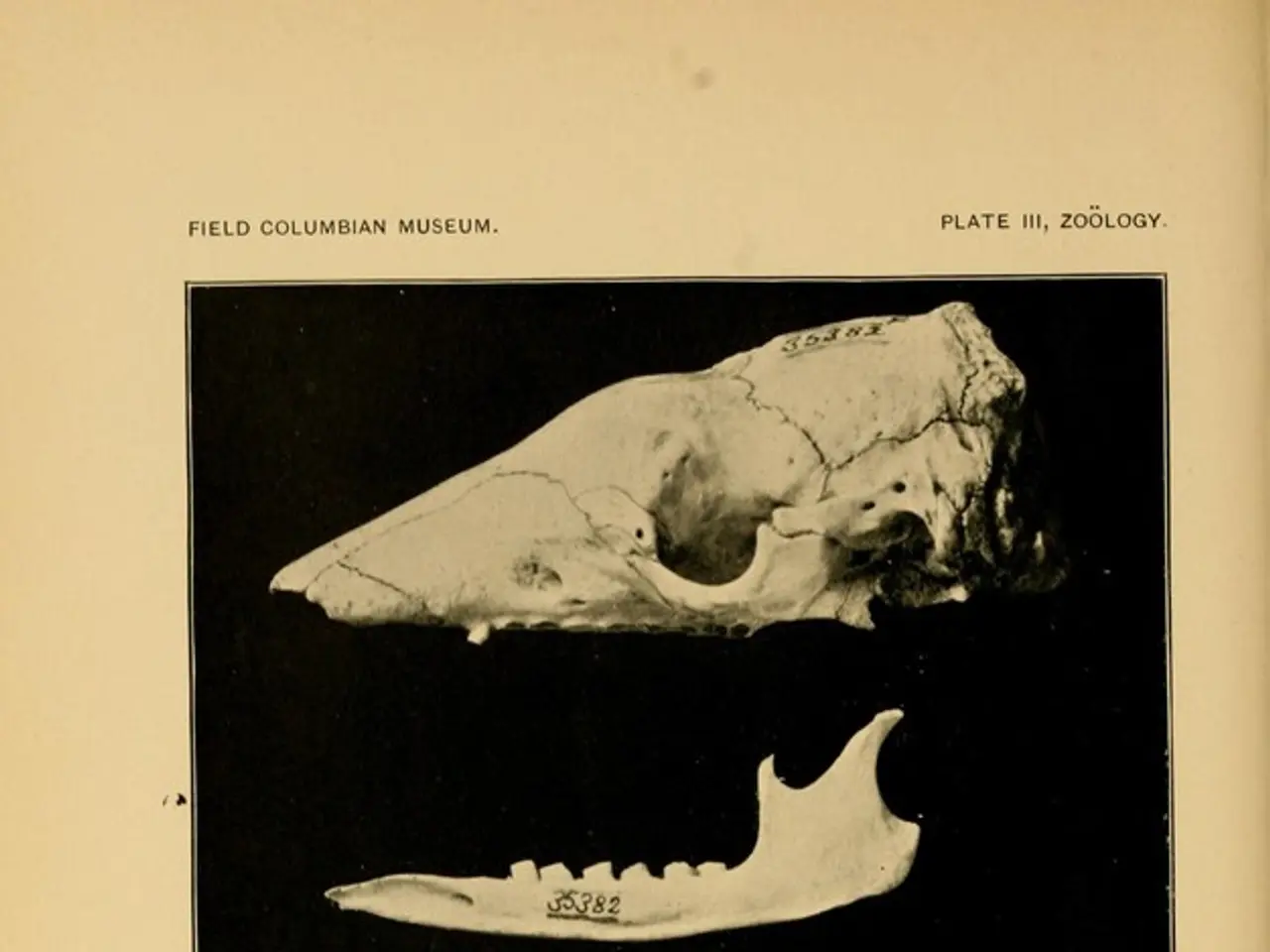Duchenne Dystrophy Life Expectancy Soars to 28 Years With New Treatments
Recent advancements in treating Duchenne Muscular Dystrophy (DMD) have significantly improved life expectancy for those born after 1990. A 2021 review found that median life expectancy at birth has risen to approximately 28 years, with many living into their 30s, 40s, or even longer with effective therapy.
DMD is a progressive muscle disorder that typically causes noticeable weakness by age 2 or 3. Without therapy, life expectancy can be significantly shorter, around 19 years. However, effective treatments like corticosteroid use and ventilatory support can extend life expectancy to about 30 years.
New therapies are on the horizon. Gene therapies like Solid Biosciences' SGT-003, currently in Phase 1/2 clinical trials, show promise in improving muscle integrity and cardiac function, which could further enhance life expectancy. Targeted disease-modifying therapies are also being developed to slow disease progression and improve quality of life.
While DMD remains a serious condition, recent improvements in treatment have led to a substantial increase in life expectancy. With continued research and development of new therapies, the outlook for those living with DMD continues to improve.






